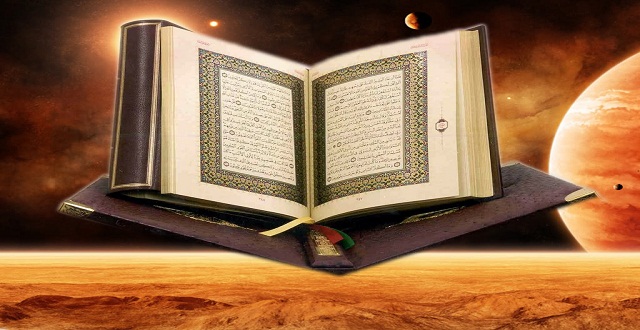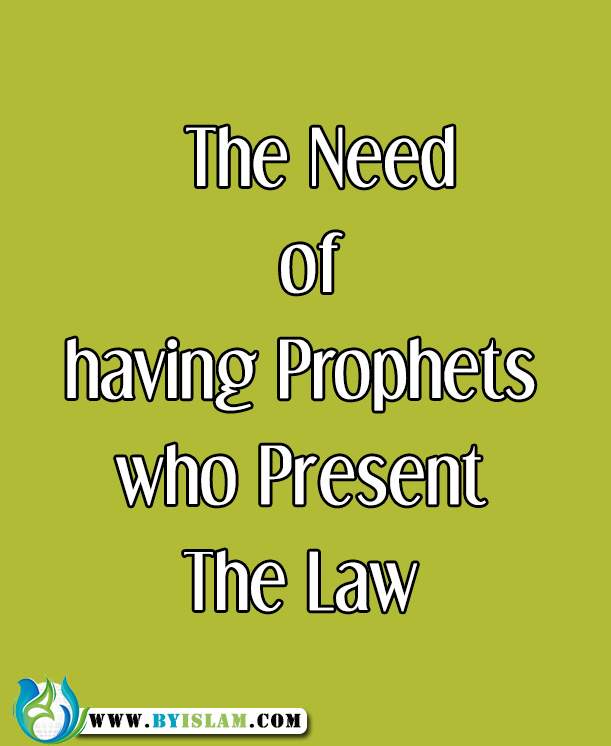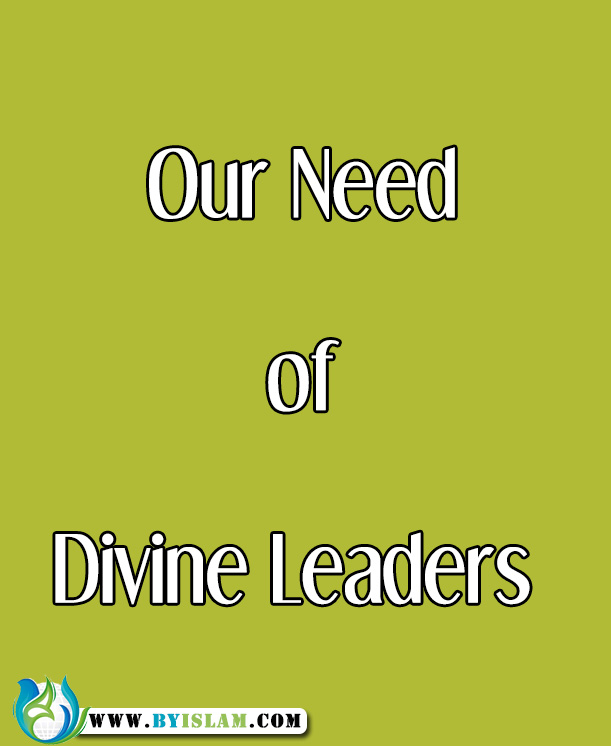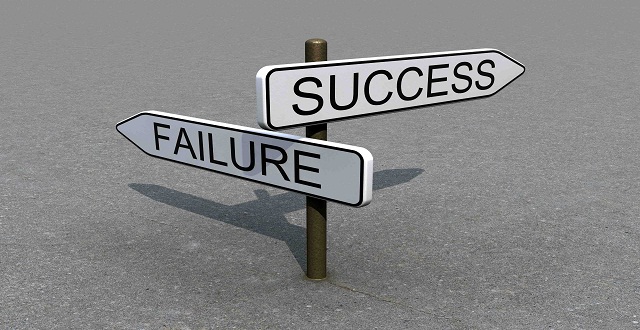A Glance at the Miracle of the Qur’an
What do the letters stand for at the beginning of some of the Surahs?
We see that the beginning verse of many of the surahs of the Holy Qur’an are letters, like alif lam mim, alif lam mim rah and ya sin.
One of the secrets and the philosophy behind these letters, according to some of the Islamic traditions, is that God is showing the great miraculous and eternal quality of the Holy Qur’an.
That is, how can the Qur’an make use of these simple letters and create such words which are greater than the letters while every child can repeat them and in truth the appearance of this important fact is one of the most important miraculous issues.
Now this question arises. From what point of view is the Qur’an a miracle? It is only because of its simplicity and tone, or, in other words, the sweetness and clarity of its expression and the extraordinary influence of it or is it because of something else?
The truth is that whenever we look at the Holy Qur’an from different points of view, each one presents another image of its miracle. For instance:
1. Eloquence: The sweetness and extraordinary attraction of the miraculous words and concepts.
2. The expression of the highest content from every point of view, especially beliefs which lack any sort of superstition.
3. Scientific miracle: That is, the uncovering of issues which human beings during that age had not come to know.
4. To foresee and speak directly and accurately about some future events (the hidden news of the Qur’an).
5. The lack of contradiction, disputes, disorderliness and others.
A discussion about each of these five areas is very extensive but we will discuss some of them here.
1. Eloquence
We know that every discussion has to aspects: letter and content.
Whatever letters and words of beauty contain the necessary unity and are free of complicated and complex expression and also the sentence structure is such that they are exactly what one desires to hear and they attract the heart, that expression is called eloquence.
The Qur’an has both of these two qualities to the highest extent possible so that to date no one has been able to bring verses and surahs with such attraction, sweetness and tone.
In the previous lessons, we saw that Walid ibn Mugharayah, a skilled Arab linguist, was enraptured by hearing a verse of the Holy Qur’an and was made to think about how to express something to the Quraysh which would lessen the Holy Prophet in the eyes of the people, finally thought of the word ‘bewitchment’ and called Muhammad a be This is what they called the Prophet of Islam, even though they wanted, in this way, to condemn him, but, in truth, they were unable to do so.
At the same time, this calling the Prophet a magician is to admit to the extraordinary effects of the Qur’an in the sense that it cannot be explained and justified in simple terms and it must be recognized as being something miraculous.
But instead of them accepting the truth, and considering it to be a miracle, and gaining faith, they took the way of myth and legend. They were led astray and said that it was magic.
In the history of Islam, it can very often be seen that whenever harsh individuals went to see the Prophet, or hear verses of the Holy Qur’an, they changed their direction in life and allowed the light of the Holy Qur’an to guide them. This well shows that the attractions and eloquence of the Qur’an are miraculous.
We do not need to go far to see that whenever those people who are familiar with the Arabic language read the Qur’an, and they repeat it, they receive pleasure; they do not tire or become satiated.
The words of the Holy Qur’an are very accurate, are mixed with the purity of expression, and, at the same time, are clear and enlightening as well as, when necessary, they are firm.
It is necessary to point out that the Arabic language at that time had progressed a great deal as a language and examples of poetry during the Age of Ignorance, before the appearance of Islam, are among the best poems from the point of view of language.
It was famous that every year, the greatest literary men of the Hijaz would gather together and would offer the best examples of their poems in a commercial-literary center in the ukaz bazaar. One poem would be chosen as the best of the year. They would write it down and recite it in the Ka’bah. At the time of the Prophet, seven of these still existed and were called mu‘alaqat sab’.
But after the descent of the Holy Qur’an, they paled in comparison to the eloquence of the Holy Qur’an, so that one after another, they were removed from there and were forgotten in history.
The commentators upon the various verses of the Qur’an express all of the wondrous qualities of the verses so that reference can be made to them to gain a familiarity with it.
A familiarity with the Holy Qur’an shows that this saying of the Prophet of Islam, is not an exaggeration, “The Holy Qur’an has a beautiful exterior and a deep and subtle interior. The wonders of the Qur’an can never be counted and the miraculous qualities of the Qur’an will never age.”
The Commander of the Faithful, ‘Ali, peace be upon him, a great student of the Holy Qur’an, also says in the Nahj al-Balaghah, “The spring of hearts is in the Qur’an and it is the source of the springs of knowledge. There is no better way to remove the rust of the hearts and souls of people than through the Holy Qur’an.
Think and Answer
1. What is the philosophy behind the beginning letters of some of the verses of the Holy Qur’an?
2. Is the Holy Qur’an a miracle from only one point of view? Or from several points of view?
3. Why did the opponents of the Holy Qur’an refer to the Prophet of Islam as a ‘bewitcher’?
4. What is the difference between eloquence and bewitching?
5. What age did the mu’alaqat sab’ refer to and what does it mean?










